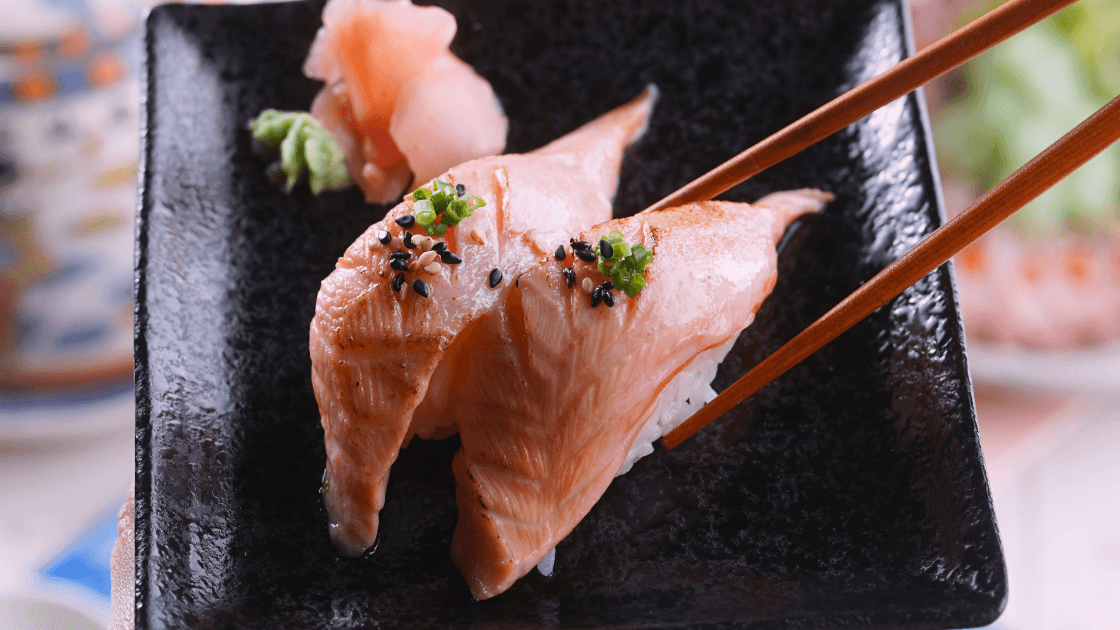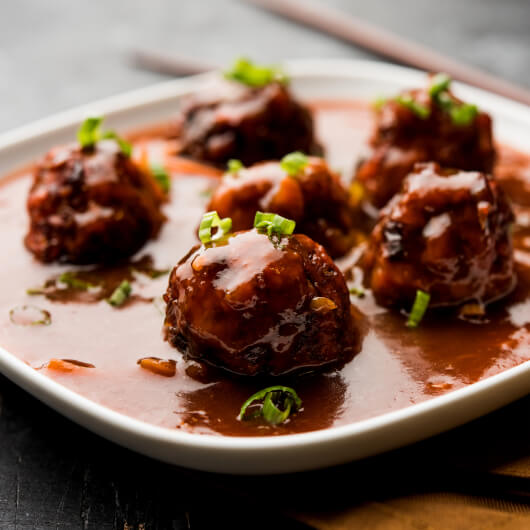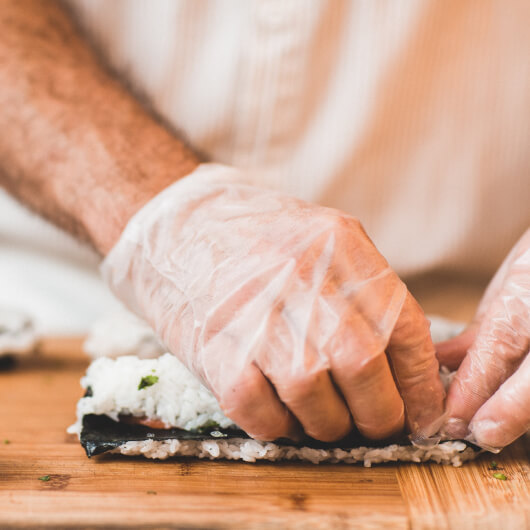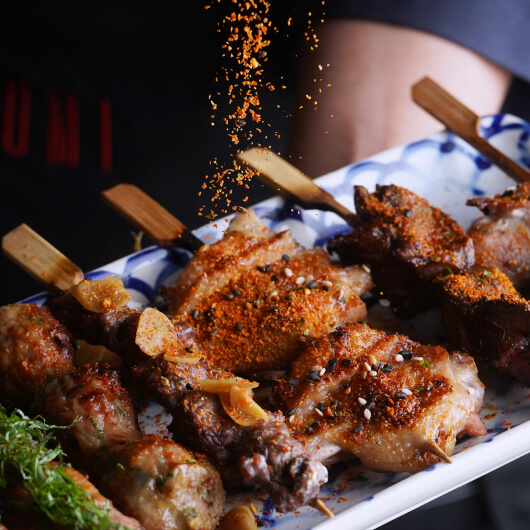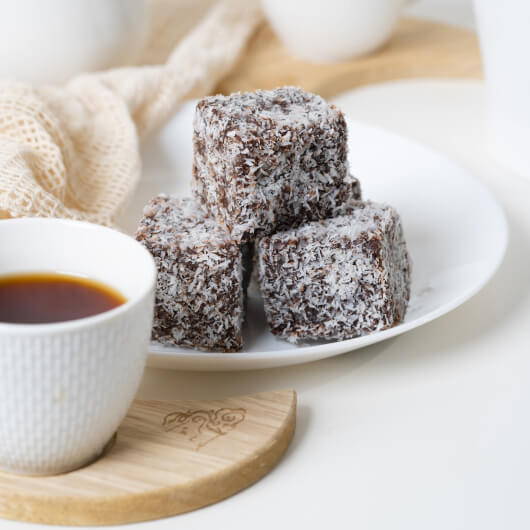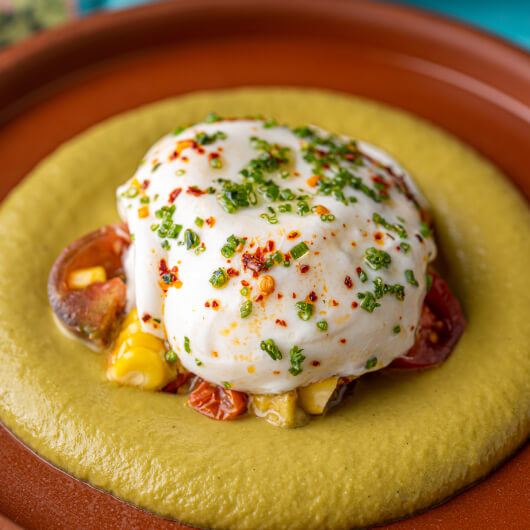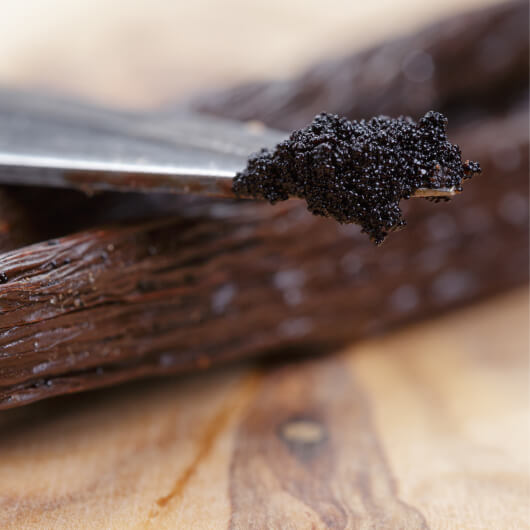Japanese fare is all the rage now, so it’s good to know your sushi from your sashimi
Everyone seems to be eating sushi these days. From nigiri to sashimi to rolls. So, what exactly are these things? How do the Japanese eat them? And how are we supposed to eat them?
Is the Japanese art form of fish and rice for us?
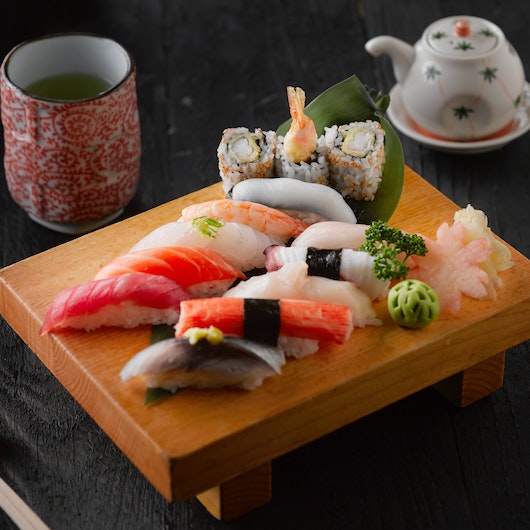
Yes and no. Sushi is almost an art form in Japan. But, it is not a staple that people make regularly at home. Sushi is primarily a restaurant dish and most Japanese prefer nigiri sushi to the rolls that are popular in the rest of the world.
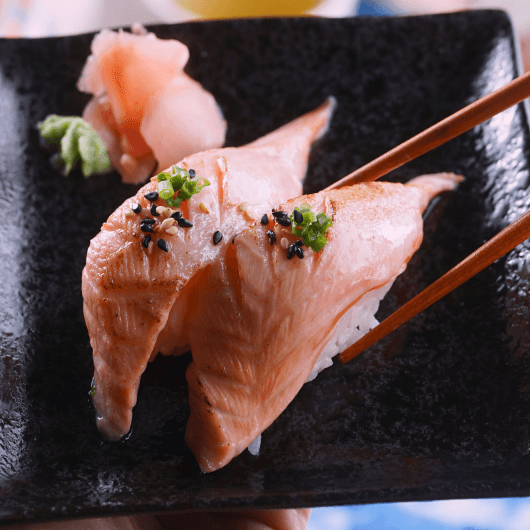
Nigiri is the kind of sushi where a piece of fish is perched on top of a rice pellet. While the fish is important, the rice and consistency of the pellet are crucial. Chefs train for several years before being allowed to cook rice at restaurants.
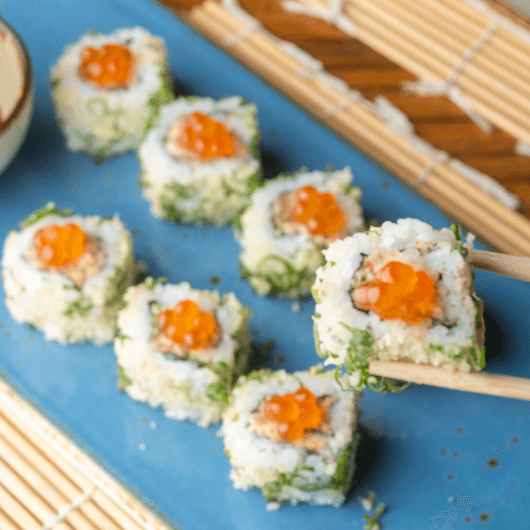
In Japan, sushi rolls consist of fish covered in rice with a layer of seaweed. Rolls that are popular in the rest of the world don’t have seaweed on the outside and the filling does not have to be raw fish -- or any kind of fish at all.
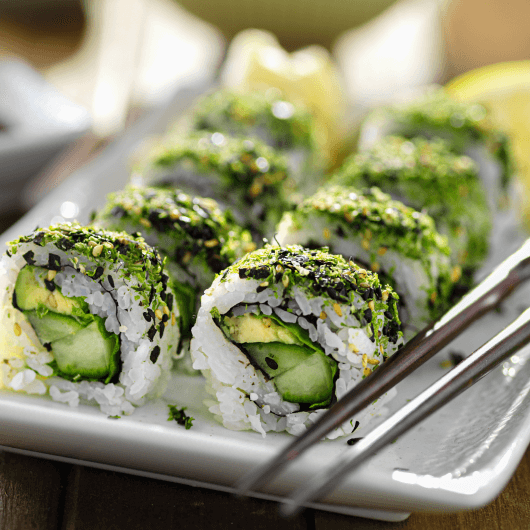
Absolutely. In fact, most sushi rolls in India are made with cooked ingredients. Some of these, like prawn tempura are Japanese in origin, while the rest are not. Plus, there is now a huge range of vegetarian sushi rolls.
Good sushi can cost a lot because it relies on fresh, high-quality fish plus, chefs who have been trained for years. But, the sushi boom has allowed restaurants to offer sushi rolls at reasonable prices because they don’t need high-quality fish or rigorously trained chefs.
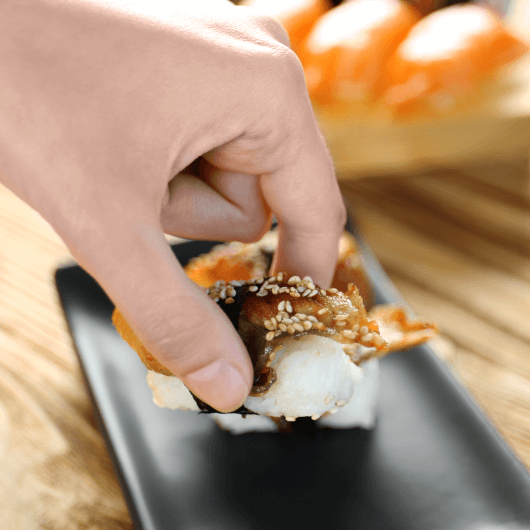
No, you don’t. Even in Japan it is considered acceptable to eat nigiri sushi with your fingers. Japanese people rarely eat the sushi rolls so why bother to follow their customs? Eat your sushi rolls the way you like to.
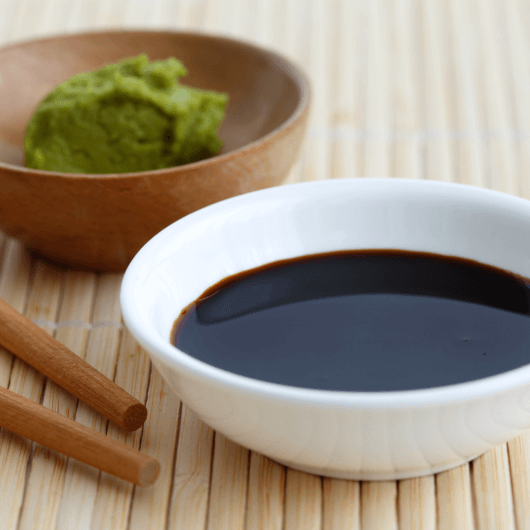
Never. Firstly, most wasabi at restaurants is fake. The real thing is too expensive. Secondly, good sushi should have wasabi already added. If it’s a roll in India, then it is already spiced. Thirdly, wasabi and soya are distinct flavours. Only a barbarian would mix them.

